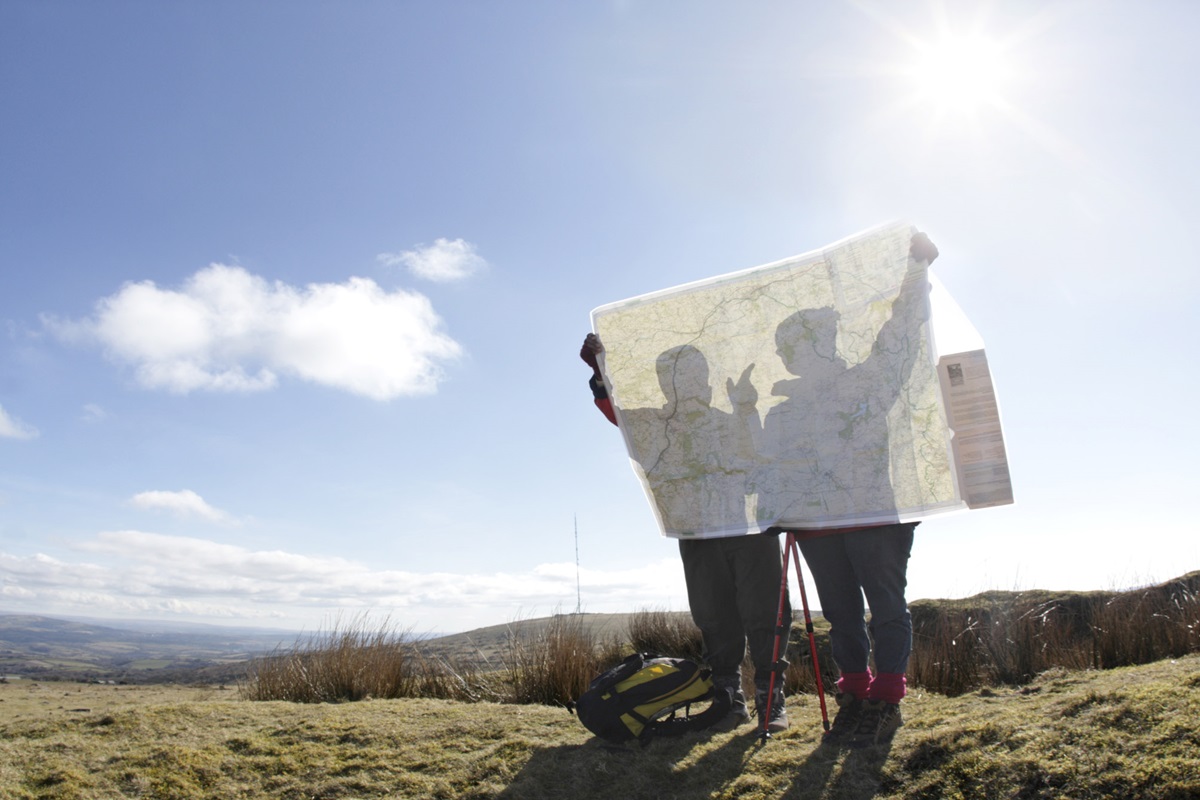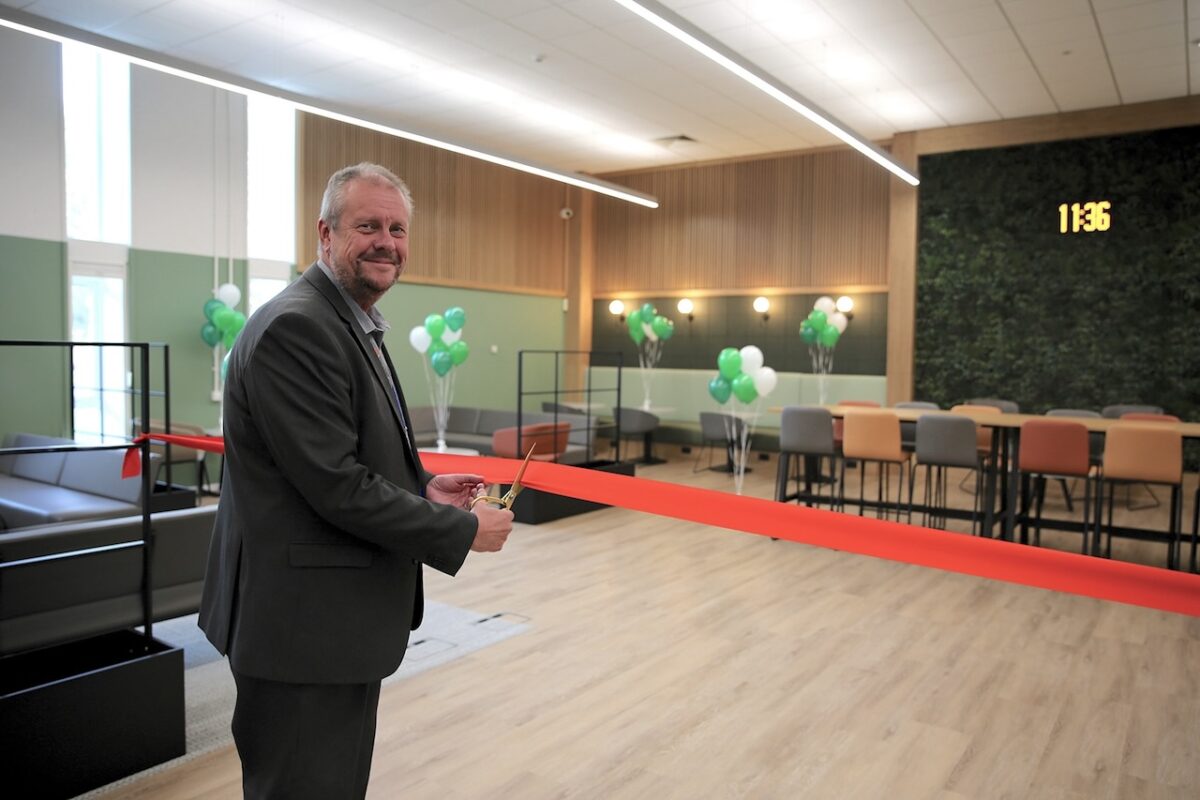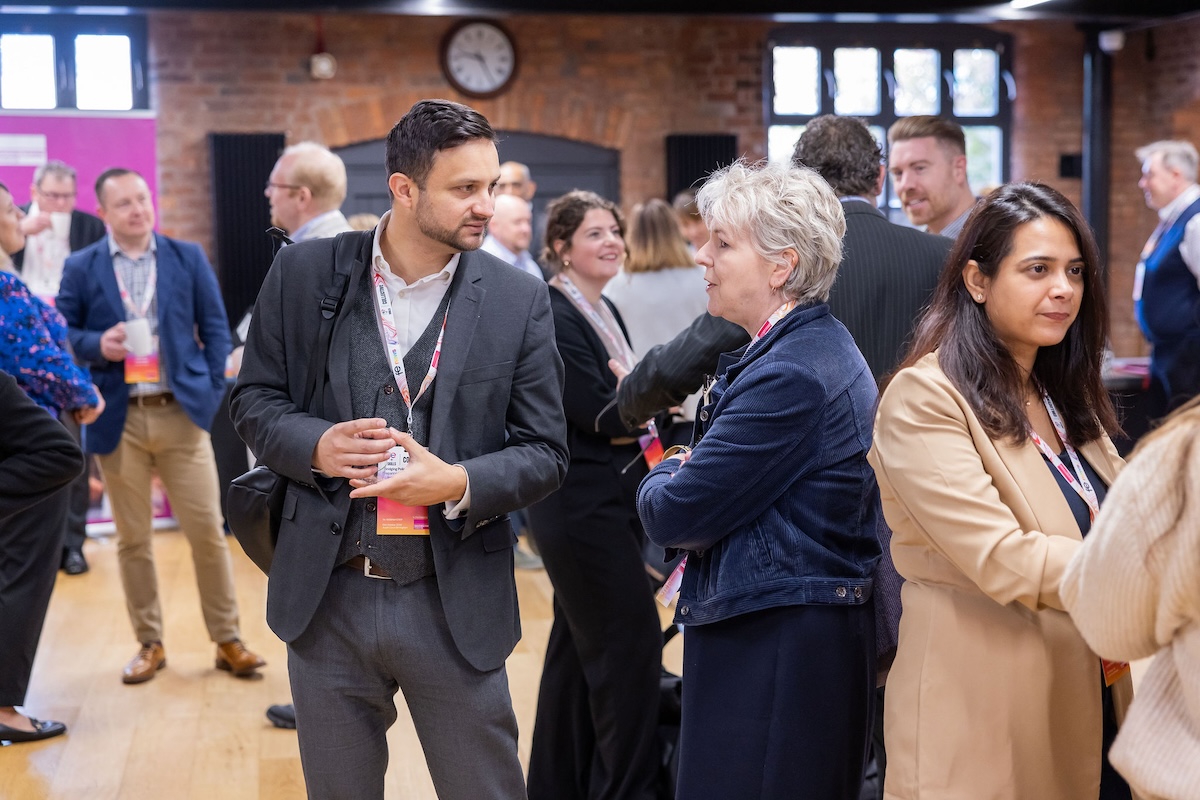Building Culture: A handbook to harnessing human nature to create strong school teams

‘Knowledge is power. Culture is key. This wonderful book by Lekha Sharma offers school leaders knowledge and guidance from experience and evidence to build a culture in schools for everyone to thrive. From psychological safety to trust, flexibility and wisdom, this book captures key messages that are essential to supporting wellbeing and empowering staff. Interesting, insightful and informative. A recommended read for all school leaders and aspiring leaders.’
Building Culture, the insightful new book from Lekha Sharma, published by John Catt Educational, navigates the complex educational landscape of school culture, highlighting ways to cultivate a culture that leads to improved pupil outcomes and staff wellbeing. Rooted in personal experience as a senior leader, as well as drawing on research, Lekha considers what educational leadership is; how we define it; how it differs to leadership in other fields; and ways to equip leaders with the knowledge and attributes needed to lead teams effectively.
Each chapter is introduced by Lekha, with contributions from other leaders and experts in education, discussing current research and offering practical advice on implementing the findings. The chapter concludes with a summary from Lekha and reflective questions to help leaders assess the current situation and determine ways to move forward.
Eight aspects of school culture are explored, beginning with psychological safety and it’s impact when coupled with high expectations, to improve pupil outcomes and staff wellbeing. This is followed by anchoring school improvement with a clear purpose; developing trust to enhance team performance; and the power of communication and conversations as a mediator of school improvement.
Next, Lekha and her co-authors look into intellectual humility, supporting teams to rethink established knowledge through continuous professional development, embracing innovation and new perspectives in a rapidly changing world. She goes on to discuss approaches to developing a ‘tight but loose’ culture of flex – increasing teacher motivation and job satisfaction and utilising teacher expertise by balancing teacher autonomy within clear objectives and parameters of practice.
Lekha then examines the importance of a culture of continuous improvement – creating a community of learners where feedback and conversations around improvement are frequent, regular and warmly welcomed and accepted.
The final chapter provides a model of professional learning for leaders, raising some of the key components of culture that are presented in the book.
Commenting on Building Culture, Lekha said,
‘We can all agree that educational leadership is a person-centred and humanistic endeavour. The focus of this book is not in addressing this debate, but rather offering a contribution to how leaders can deepen their understanding of how humans operate, and therefore how to best lead their teams. Educational policy may change. Educational discourse may change. But one enduring fact is this – we are all human and will continue to be human.’
To learn more about ‘Building Culture’ by Lekha Sharma, please click here.











Responses